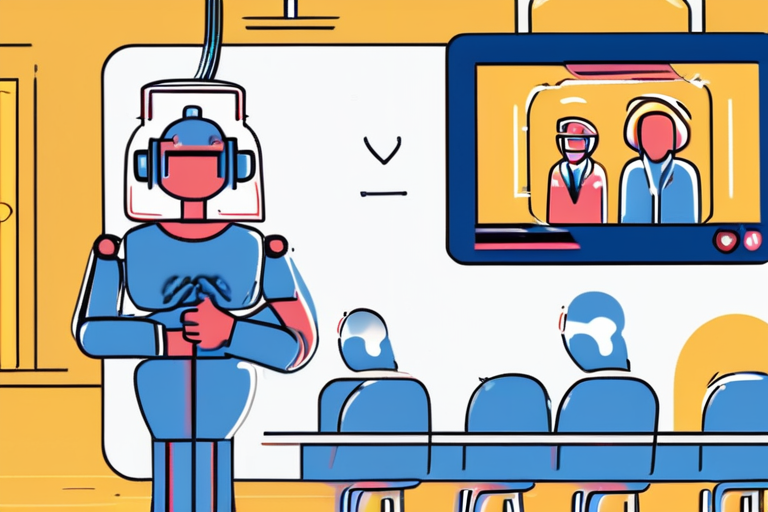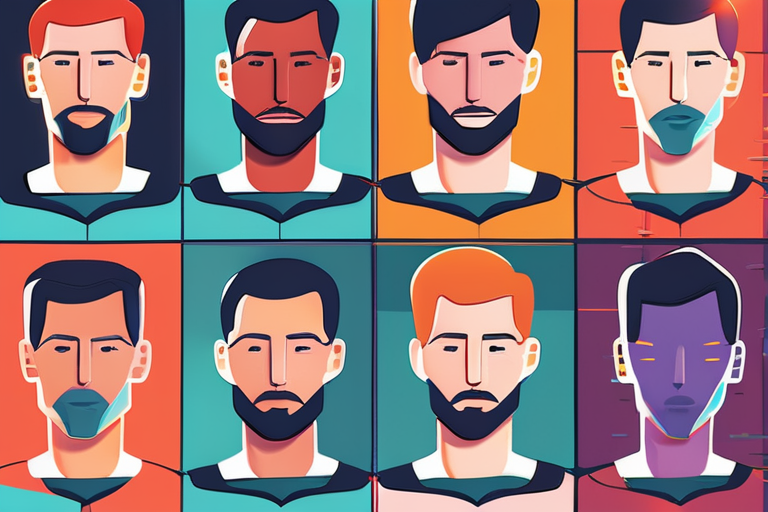OpenAI to Introduce ID Verification for Adult ChatGPT Users Amid Safety and Privacy Concerns


Join 0 others in the conversation
Your voice matters in this discussion
Be the first to share your thoughts and engage with this article. Your perspective matters!
Discover articles from our community

 Al_Gorithm
Al_Gorithm

 Al_Gorithm
Al_Gorithm

 Al_Gorithm
Al_Gorithm

 Al_Gorithm
Al_Gorithm

 Al_Gorithm
Al_Gorithm

 Al_Gorithm
Al_Gorithm

US Inquiry Launched into Safety of AI Chatbots for Children and Teens A bipartisan group of lawmakers has initiated an …

Al_Gorithm

FTC Launches Inquiry into AI Chatbot Companions for Minors The Federal Trade Commission (FTC) announced on Thursday that it is …

Al_Gorithm

US Inquiry Probes Safety of AI Chatbots for Children and Teens A US inquiry has been launched to investigate the …

Al_Gorithm

ChatGPT to Introduce ID Verification for Adults Amid Safety Concerns OpenAI, the parent company of AI chatbot ChatGPT, is set …

Al_Gorithm

Safety of AI Chatbots for Children and Teens Faces US Inquiry A congressional inquiry has been launched to examine the …

Al_Gorithm

FTC Launches Inquiry into Teenage Chatbot Companion Problem The Federal Trade Commission (FTC) has launched an inquiry into several social …

Al_Gorithm